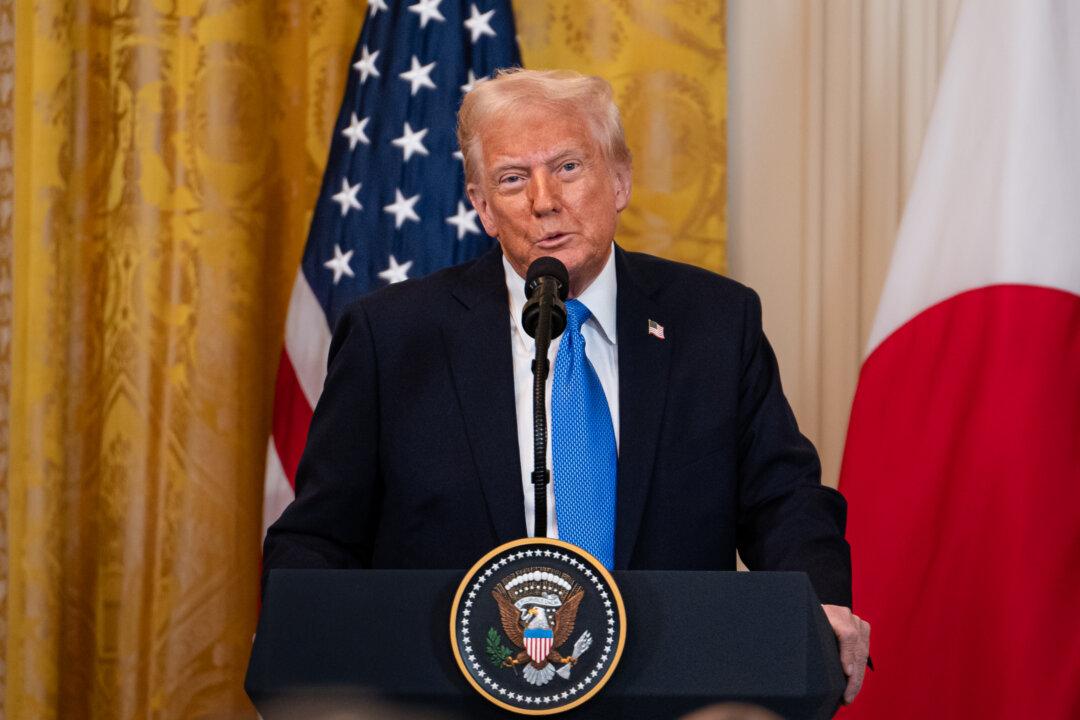President Donald Trump laid out plans Feb. 7 for a reciprocal tariff announcement expected Monday or Tuesday.
Nations that impose tariffs on U.S. products can expect similar policies in return, he said.

Nations that impose tariffs on U.S. products can expect similar policies in return, he said.